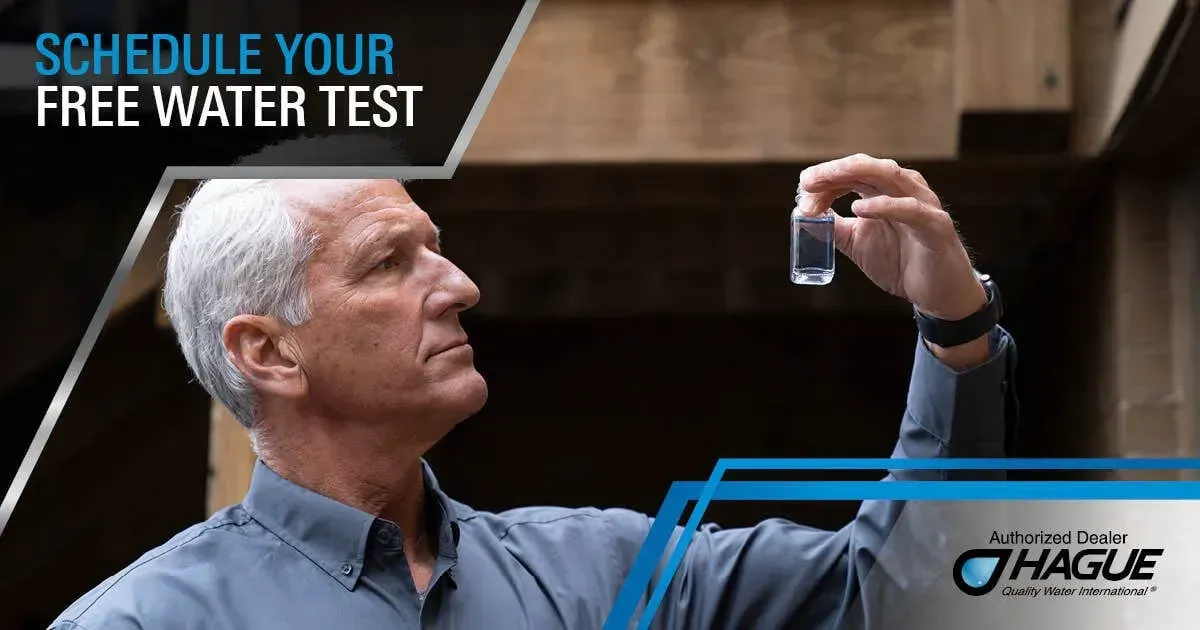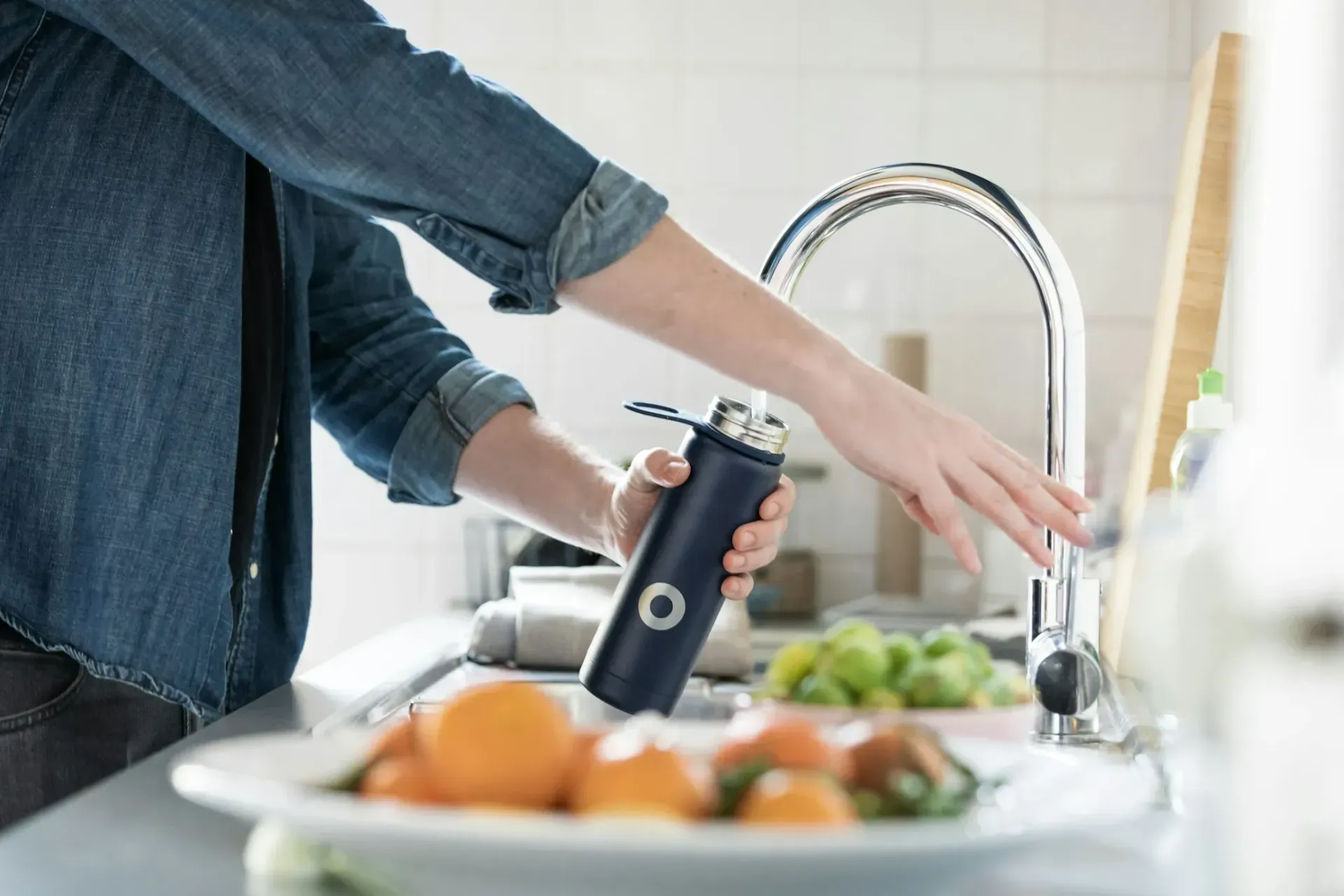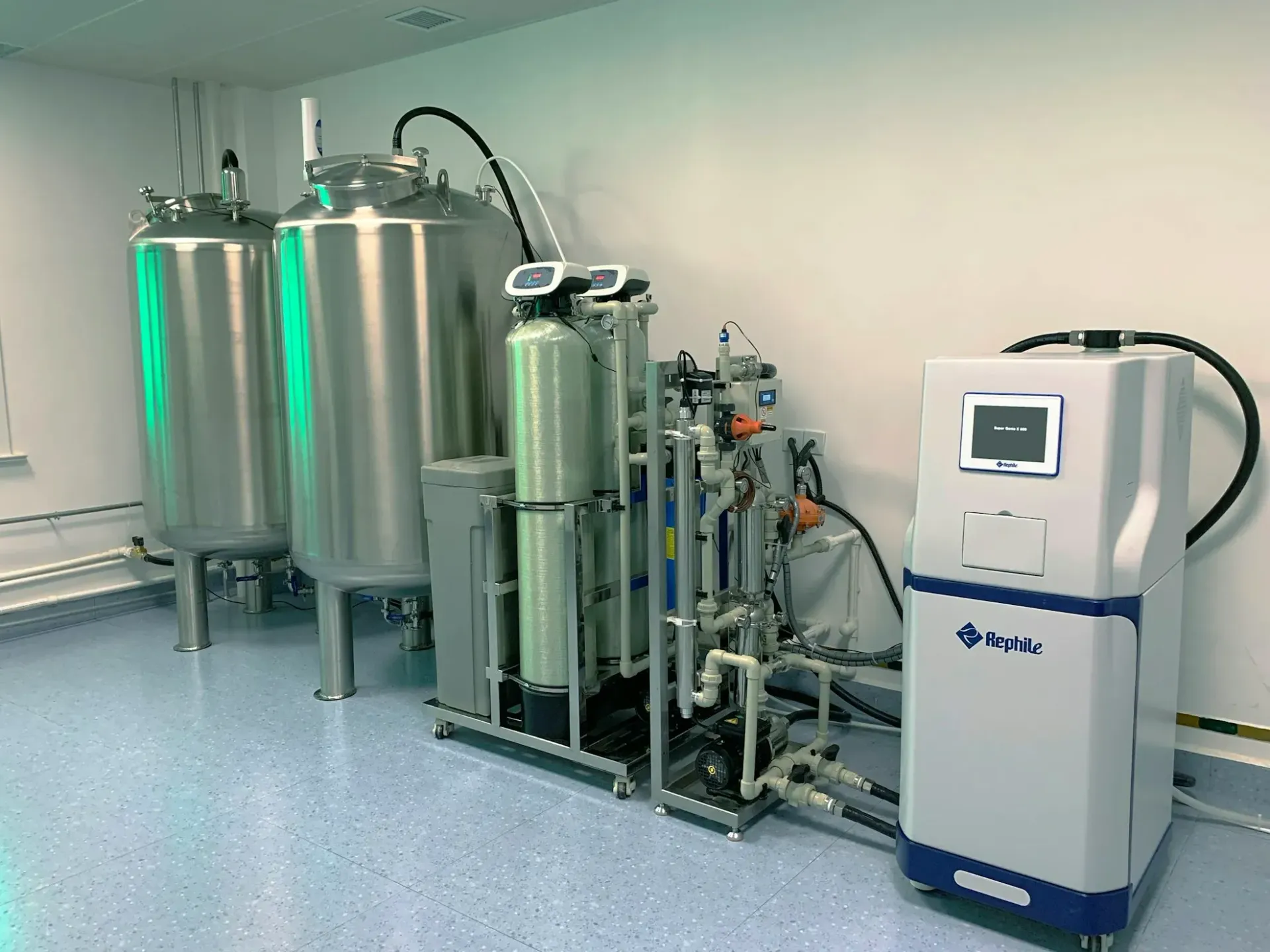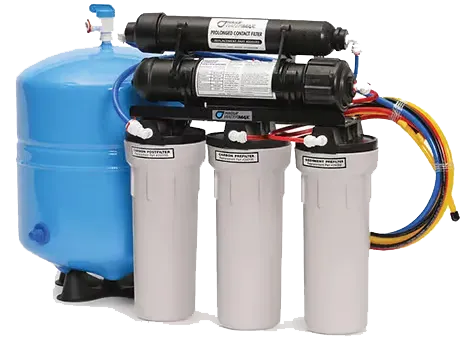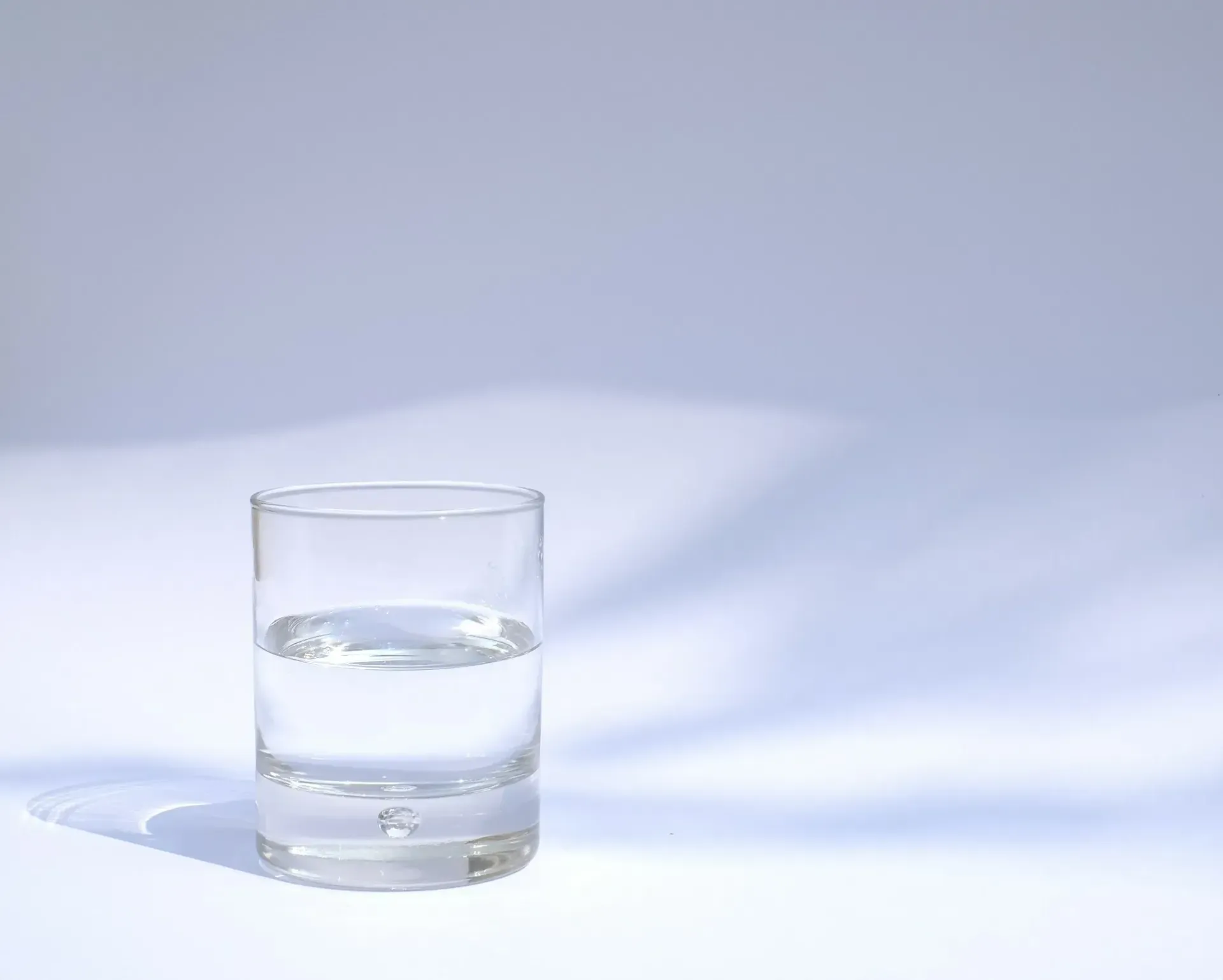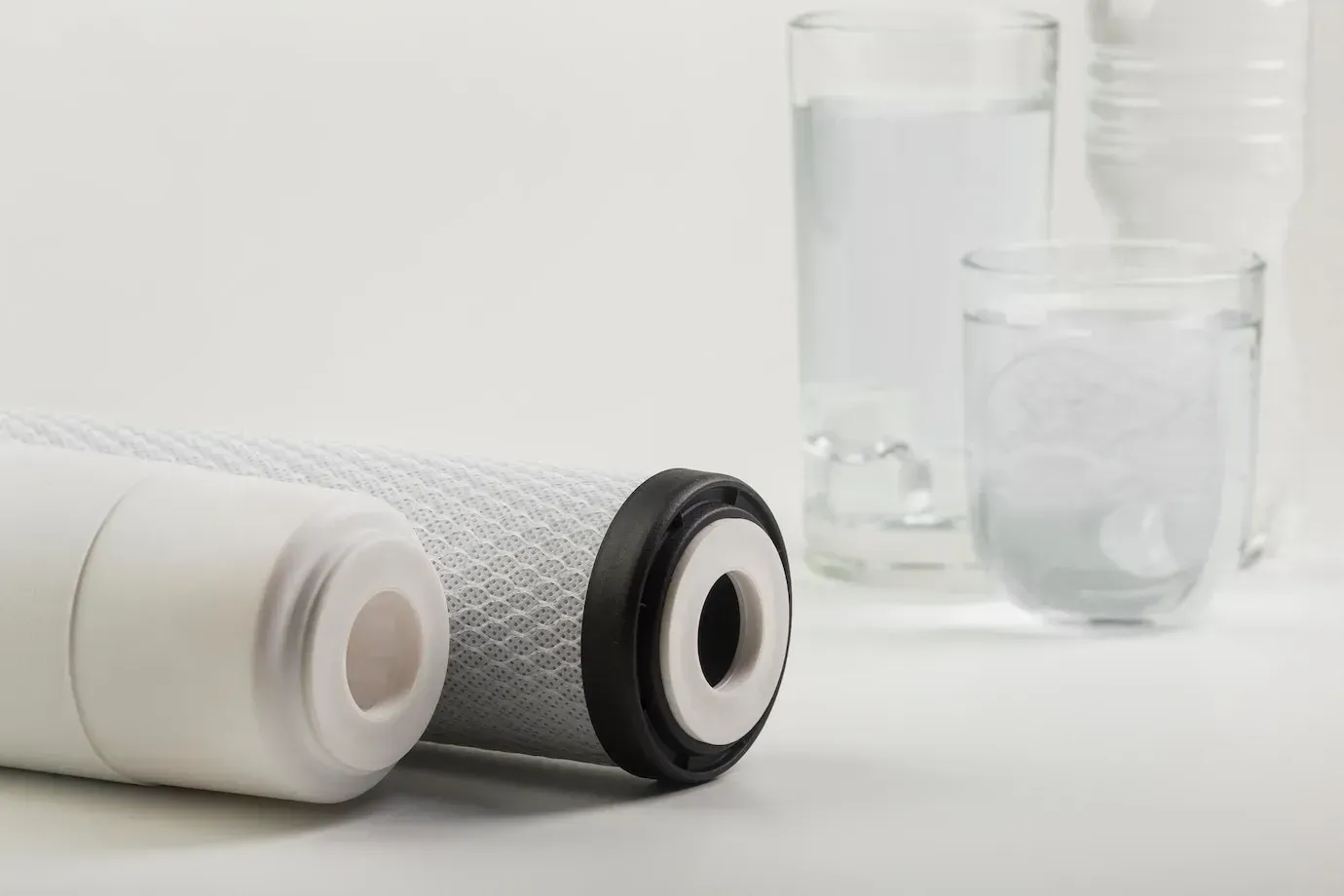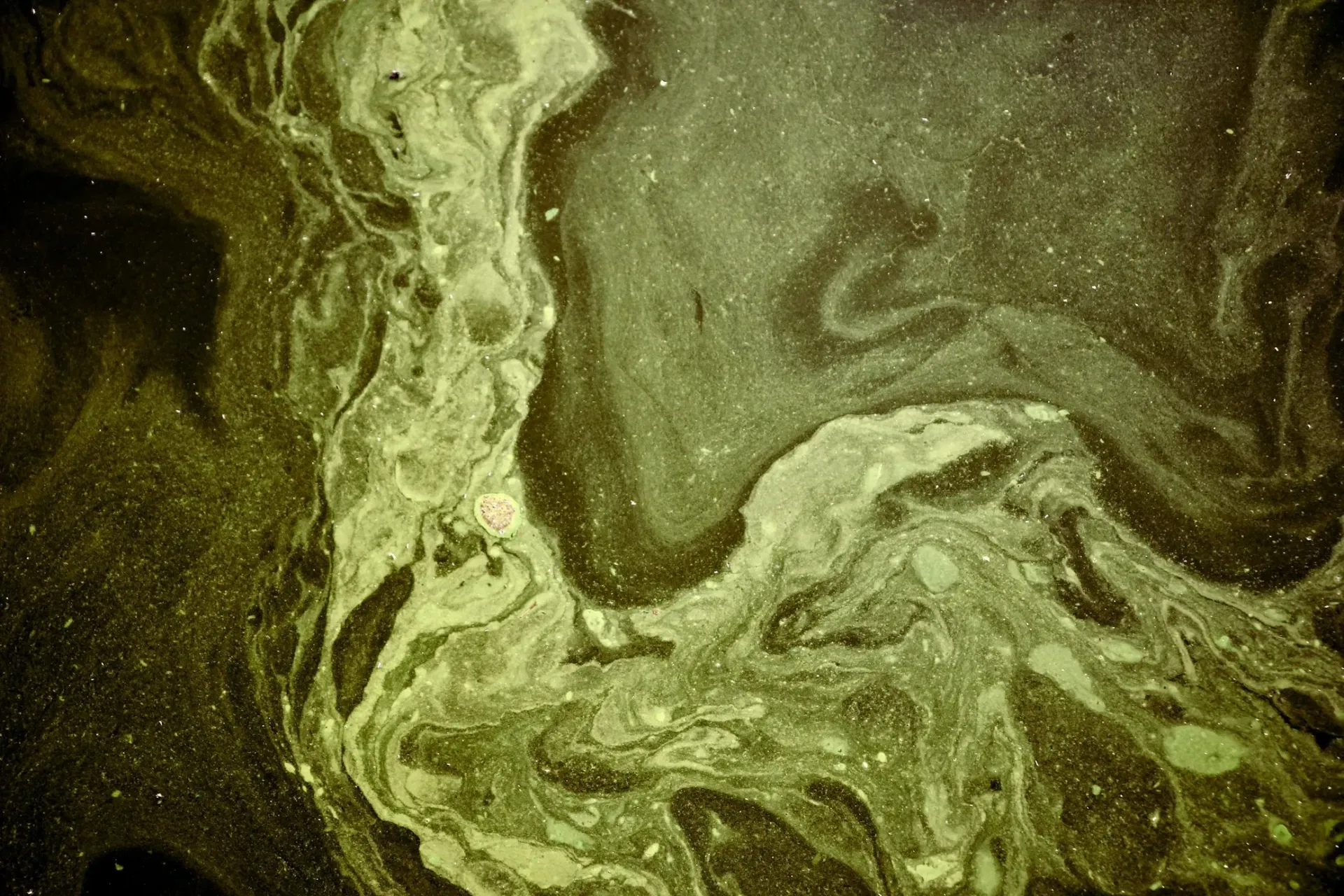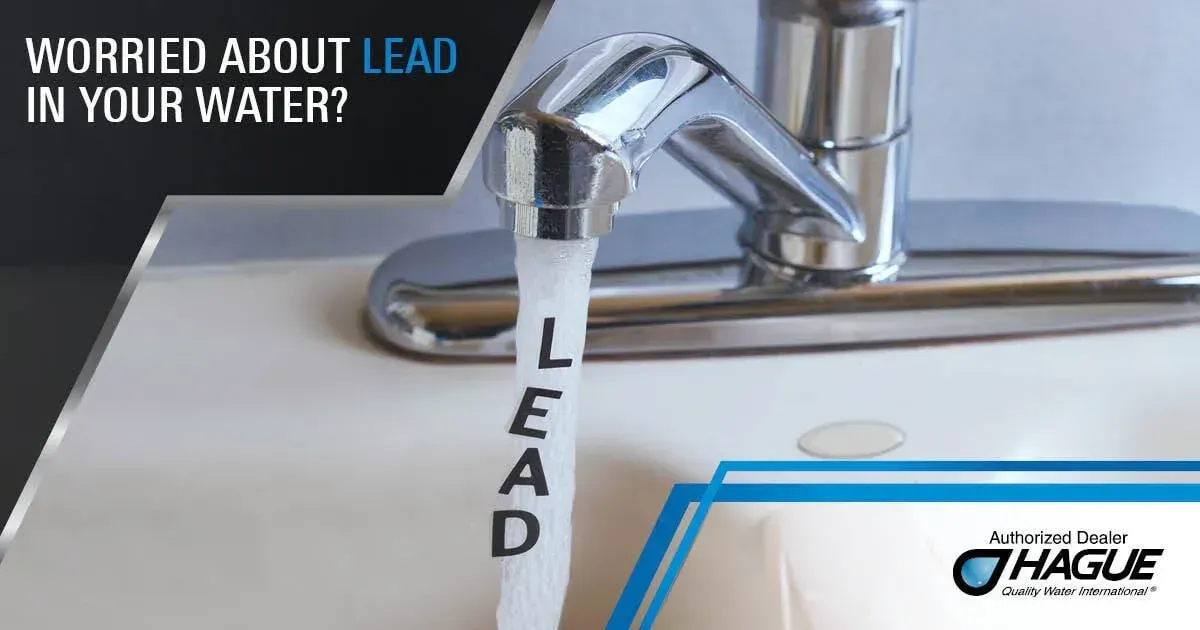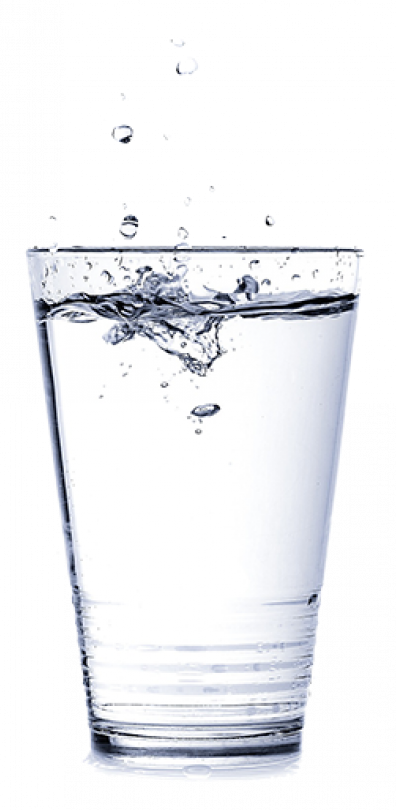Choose the Right Water Softener this 2025
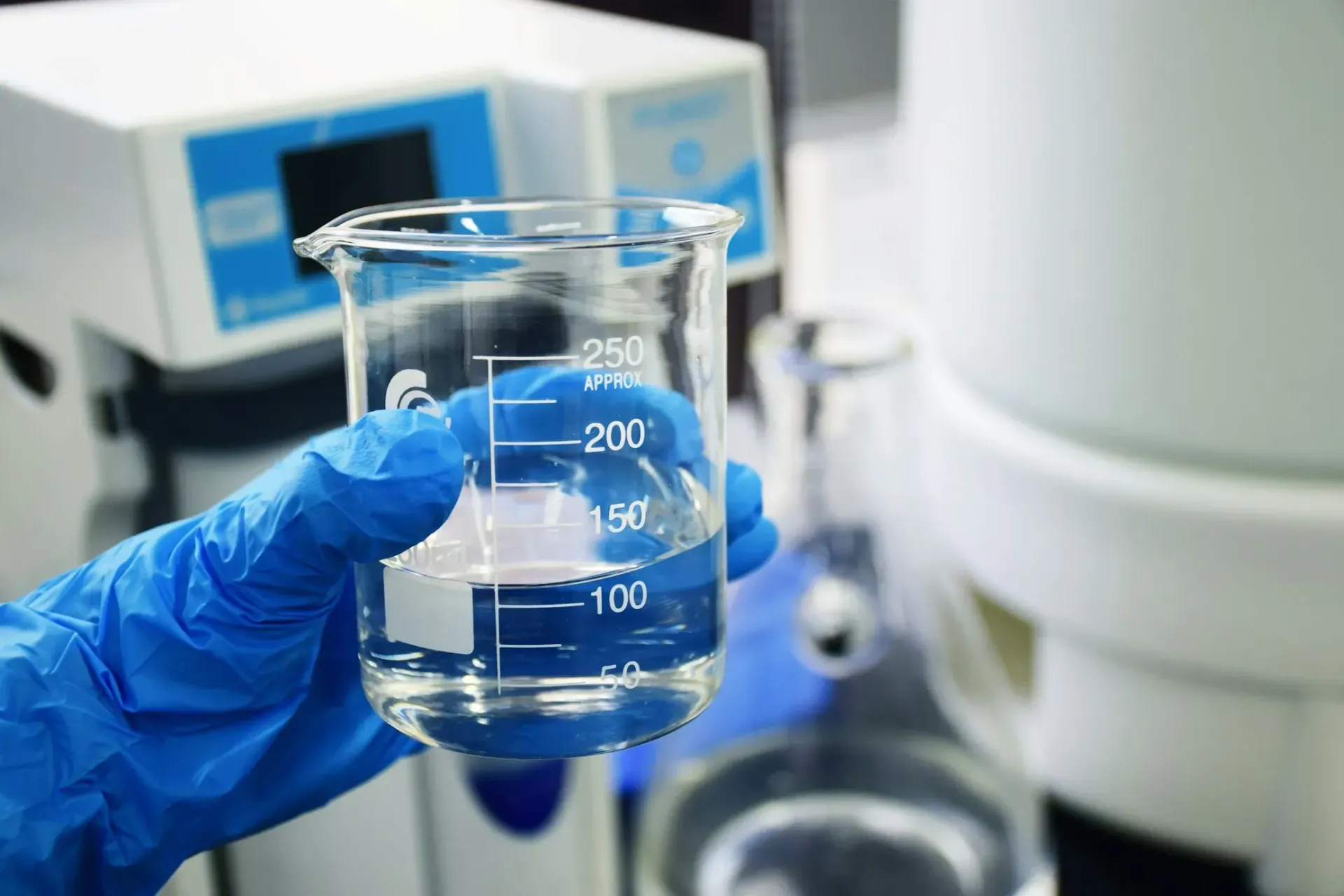
Tired of dealing with hard water at home? It can mess with your pipes, damage your appliances, and even leave your skin feeling dry. A good water softener can fix all that and make your water feel clean and smooth again.
But with so many water softener types out there, how do you know which one to choose? Some systems use salt, some don’t. Others are built for small homes, while some can handle bigger families. The right one depends on your water use, space, and how hard your water is.
This guide will walk you through everything—types,
features, and how to pick the right
size. Let’s make sure your next water softener fits your home and your lifestyle.
Understanding Water Softeners
The What, Why, and How of Water Softening
At its core, a water softener is a household hero, tasked with the mission of transforming hard water into soft. But what does this really mean? Hard water is water filled with minerals like calcium and magnesium. While these minerals are not harmful to health, they're a menace to your home's plumbing and appliances, leading to scale buildup that can clog pipes and decrease the efficiency of your water heater and other appliances.
Water softeners tackle this issue head-on by removing these minerals through a process called ion exchange. The result? Water that's gentler on everything it touches—from your skin and hair to the very pipes that run through your home. Soft water can significantly extend the life of your appliances, make cleaning easier (goodbye, soap scum!), and even improve your personal grooming experience.
But why is a water softener a must-have in many households? The answer lies in the widespread prevalence of hard water. A significant number of homes are supplied with hard water, making a water softener not just a luxury, but a necessity for protecting your home and improving your quality of life.
Types of Water Softeners
Navigating the Waters: Choosing Your Softener
The journey to soft water is filled with choices, each path marked by a different type of water softener. Here’s a closer look at the options available, guiding you towards the perfect match for your home.
Salt-based Ion Exchange Softeners:
The traditional choice for homeowners, these units swap hard minerals like calcium and magnesium with sodium or potassium ions. They're highly effective and ideal for areas with very hard water. However, they do require regular maintenance, including salt replenishment.
Salt-free Water Softeners:
For those looking for a salt-free solution, these systems use a physical process, such as Template Assisted Crystallization (TAC), to alter the properties of the minerals so they don’t stick to surfaces. While they don’t technically soften water, they do prevent scale buildup, making them a popular eco-friendly option.
Dual-Tank Water Softeners:
Perfect for large families or homes with high water usage, dual-tank softeners ensure a continuous supply of soft water. When one tank regenerates, the other kicks in, meaning you're never without soft water. The downside? They take up more space and can be pricier upfront.
Magnetic Water Softeners:
The most controversial option, these devices claim to change the electromagnetic properties of water minerals through magnets. While some users swear by their effectiveness, the scientific community remains skeptical.
Fine-Tuning Your Selection: What to Look For
With a clearer understanding of the types of water softeners, it's time to dive into the features that differentiate them. These features can significantly impact the effectiveness, convenience, and overall satisfaction with your water softener. Here’s what you need to keep an eye on:
Capacity:
Measured in grains per gallon (GPG), the capacity of a water softener refers to the amount of hardness it can remove before needing regeneration. To choose the right size, you'll need to calculate your household's water usage and the hardness of your water.
Regeneration Settings:
Softeners regenerate to flush out accumulated minerals. Choose between metered (regenerates based on water usage) and timed (regenerates after a set period) systems. Metered systems are more efficient, as they only regenerate when necessary.
Control Systems: The brains behind the operation. Digital controls offer ease of use and precise settings, while manual controls might appeal to those who prefer simplicity and potentially lower costs.
Certifications:
Look for models certified by reputable organizations like NSF or the Water Quality Association. These certifications ensure the system meets certain standards for water softening performance and safety.
Efficiency and Salt Usage: Efficiency is key in minimizing both salt usage and water waste. Some modern softeners are designed to be highly efficient, reducing the environmental impact and the ongoing cost of salt.
Matching Size with Demand: The Balancing Act
When it comes to water softeners, size does matter—but probably not in the way you think. It's not about the physical size of the unit, but its capacity to soften water without frequent regenerations. Here's how to strike the perfect balance:
Calculating Your Needs:
Start with two key numbers: your household's daily water usage and your water's hardness level. Multiply these together to get your daily hardness removal requirement. For instance, if your family uses 300 gallons per day and your water has a hardness level of 10 grains per gallon, you'll need a system that can handle 3,000 grains per day.
Oversizing and Undersizing:
A system too small will regenerate too often, wasting water and salt. Too large, and it regenerates too infrequently, leading to inefficient use and potential bacterial growth. Aim for a softener that regenerates every 2-3 days for optimal efficiency.
Future-Proofing: Consider any future changes in your water usage. If you plan to grow your family or add water-intensive appliances, opting for a slightly larger capacity might be wise.
Installation and Maintenance
Setting Up for Success: The Ins and Outs of Softener Upkeep
Installation and maintenance are crucial to the longevity and efficiency of your water softener. Understanding what these entail can help you make an informed decision on which system best fits your lifestyle.
Installation Considerations:
Depending on the type of water softener, installation can range from straightforward to complex. Salt-based systems, for example, often require connection to your home's plumbing and a drain for regeneration. Consider whether you're comfortable with DIY installation or if you'll need professional help. Keep in mind, improper installation can void warranties and reduce the system's effectiveness.
Maintenance Routines:
Regular maintenance ensures your water softener continues to perform optimally. This typically involves adding salt to salt-based models, cleaning the brine tank, and occasionally checking settings on digital models. Salt-free and magnetic models boast lower maintenance, but it's wise to check for any manufacturer-recommended upkeep.
DIY vs. Professional Installation:
While DIY installation can save money upfront, professional installation ensures the job is done right the first time, potentially saving you from costly mistakes. Professionals can also offer valuable advice on the best location for installation and how to maintain your system.
Ongoing Care:
Beyond installation, consider the ease of maintenance. A system that's easy to maintain encourages regular upkeep, ensuring your water softener operates efficiently for years to come.
Investing time in understanding the installation and maintenance requirements of your chosen water softener can save you from unexpected headaches down the line, ensuring a smooth and efficient operation.
Cost Analysis
Investing Wisely: Understanding the Economics of Water Softeners
The upfront cost of a water softener is just the beginning. To truly grasp the value of your investment, it's essential to consider long-term costs and savings. Here's a breakdown to help you navigate the financial waters:
Initial Purchase and Installation:
Prices vary widely based on type, capacity, and features. Salt-based systems can range from a few hundred to over a thousand dollars, not including installation, which can add several hundred dollars if done professionally. Salt-free and magnetic options might offer lower initial costs, but assess their effectiveness for your specific water hardness.
Operating Costs: Salt-based systems require regular salt purchases, which can add up over time. Electricity is another factor, though it's generally minimal. Salt-free systems, while having little to no ongoing costs, may not fully address very hard water, potentially leading to other costs down the line.
Maintenance and Replacement:
Consider the cost of replacement parts and maintenance. While salt-free systems boast lower maintenance costs, salt-based softeners might need more frequent upkeep.
Long-Term Savings:
A water softener can extend the life of your appliances, reduce energy bills (by allowing appliances to run more efficiently), and decrease spending on soap and detergents. These savings can offset the initial and ongoing costs of a water softener over time.
Cost-Benefit Analysis:
Compare the total estimated costs against the expected benefits and savings. Consider how the quality of your water impacts your daily life and long-term expenses. A higher upfront cost might be justified by greater long-term savings and convenience.
Understanding the full financial picture helps ensure that your investment in a water softener aligns with your budget and long-term home management strategy, making it a wise addition to your household.
Eco-Friendly Choices: The Green Side of Soft Water
As we become more conscious of our environmental footprint, considering the ecological impact of a water softener is crucial. Here's how different systems stack up in terms of sustainability:
Salt-based Systems:
The most common criticism of salt-based softeners is their use of salt and water during regeneration. This process can contribute to increased salt in wastewater, which poses challenges for water treatment plants and ecosystems. Choosing a high-efficiency model that minimizes waste can mitigate some of these concerns.
Salt-free Systems:
Often touted as the more environmentally friendly option, salt-free water softeners don't use chemicals or salt, avoiding the issue of brine discharge. They're an attractive choice for those looking to reduce their environmental impact, though their effectiveness in very hard water areas can vary.
Water Consumption:
Water softeners, especially older models, can use a significant amount of water during regeneration. Opting for a newer, more efficient model can help reduce water usage, aligning better with eco-friendly practices.
Innovations and Alternatives:
The water treatment industry is continuously evolving, with new technologies aimed at reducing environmental impact. Magnetic and electronic softeners, for example, offer an alternative that doesn’t involve chemicals or salt, though their efficacy is still debated among experts.
Making the Eco-Friendly Choice:
When selecting a water softener, consider not just its immediate benefits but also its long-term impact on the environment. Look for models that offer efficiency in both salt and water use, are certified by environmental standards, and fit your specific water softening needs
Bringing It All Together: Your Path to the Perfect Water Softener
Choosing the right water softener is about balancing your home's needs with your environmental values, budget, and the specific challenges of your water supply. As we've explored, understanding the different types of water softeners, their features, and the implications of size, installation, cost, and environmental impact can guide you to an informed decision.
Looking for top-notch water treatment services in Central Indiana?
Look no further than Puresoft Water Treatment Inc. With a sterling reputation for excellence and a commitment to quality, Puresoft Water Treatment Inc. stands out as a leader in water purification solutions. Here's why you should consider them for your water treatment needs:
Services Offered by Puresoft Water Treatment Inc.
Water Treatment: Harnessing advanced technologies and customized solutions, Puresoft ensures your water is pure, safe, and tailored to meet your specific needs. Whether it’s for residential or commercial purposes, their expertise guarantees the highest standard of water quality.
Water Softeners: Say goodbye to hard water problems with Puresoft’s state-of-the-art water softeners. Designed to tackle the toughest water hardness issues, their systems protect your appliances, plumbing, and improve overall water quality for drinking, cooking, and cleaning.
Water Filters: From removing impurities to improving taste and odor, Puresoft’s water filters deliver crystal clear water. Their comprehensive range of filtering solutions addresses a wide array of contaminants, ensuring your water is pristine and healthy.
Service Areas
Puresoft Water Treatment Inc. proudly serves various communities across Central Indiana, including:
Westfield: Residents and businesses in Westfield can enjoy the benefits of expert water treatment services right at their doorstep.
Carmel: Known for its meticulous attention to customer needs, Puresoft brings superior water quality to homes and offices in Carmel.
Brownsburg, Avon, Plainfield: These vibrant communities can count on Puresoft for reliable and efficient water treatment solutions that meet their unique needs.
Martinsville, Mooresville: Extending their services further, Puresoft ensures that households and businesses in Martinsville and Mooresville have access to top-quality water treatment options.
